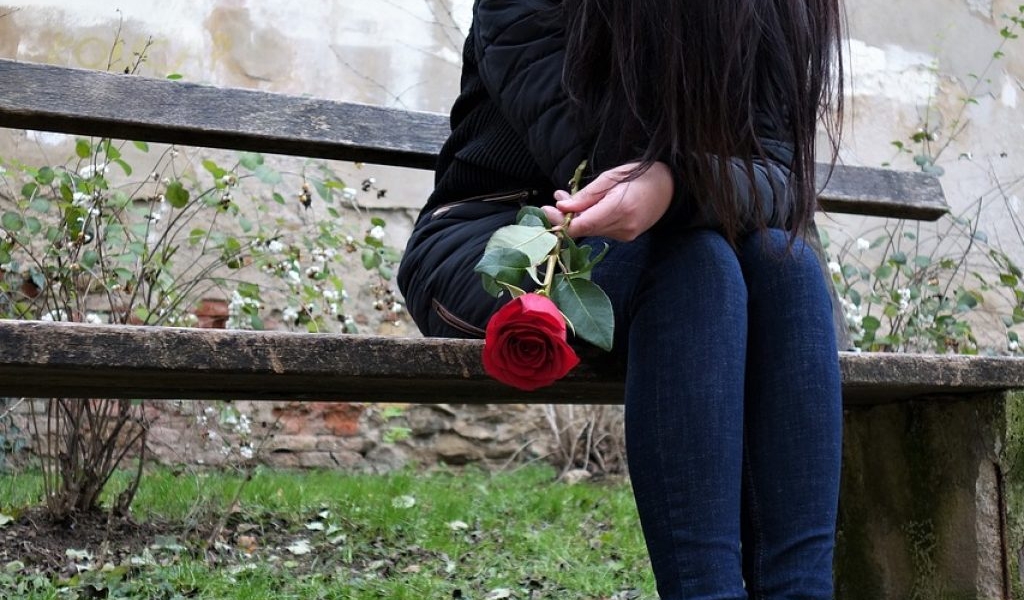
What does it mean to be a soul? Conceptually, in its most general definition, being a soul has to do with living in part as a non-physical being. In other words, part of our “self” is beyond time and space and, according to some religious traditions, is divine in nature.
On a practical level, what does it mean to exist in a body with a personality, mind, and emotions and yet to exist beyond all that on a dimension that cannot be adequately captured in language? How can I be something I cannot even talk about?
I find myself most aware of being a soul or spiritual being when I experience a sense of oneness with another person, my cat, a tree, a flower, or a butterfly. In other words, for a fleeting or lingering moment I merge with the other, and all the definitive ways in which we are different are of no consequence. They disappear from my awareness while I experience a sweet oneness with the other. Sometimes I practice this walking down the street and intentionally make eye contact with another and smiling, invite them in. Some come, some do not. Yet, we all have that capacity.
I have discovered that practicing soul awareness is a great way to break free of my judgments of myself and others. When someone really gets on my last nerve, for example, I could go on and on, telling myself all the things I don’t like about that person and how wrong they are for behaving as they do. I have that choice, but I have come to realize that only makes me increasingly unhappy. I have another choice. I can lift into the oneness that joins me together with this person and feed that awareness instead of building up my unhappiness. I may find myself continuously allergic to this person’s personality. However, every time I am bothered by that dimension of their expression, I have the option of shifting dimensions and focusing instead into that non-physical dimension where we are all one. The mere act of shifting my focus reminds me that I have a choice and that either choice has consequences. If I can be conscious enough to see this option I can save myself a lot of heartache. I can also be part of the solution of greater kindness I choose to participate in rather than allowing myself to fall back into creating more negative vibes.
Each choice each of us makes like this is like casting a vote for the kind of world we want to live in. So, what we are doing within our own inner awareness really does have an impact on our collective consciousness. Each of us in our own inner worlds is contributing to the quality of consciousness we share. Imagine the upside potential of each of us choosing to strengthen our soul awareness instead of judging and rejecting each other. Are you willing to practice soul awareness by being a mental and emotional ecologist?
For further insight into mastering the art of being you, read more here. If you’re feeling social, I also provide daily wisdom and tidbits on my Instagram account. Give me a follow so we can thrive together!





 observed her I noticed that she was turned off by men who liked her and attracted to those who gave her no encouragement. Could it be that she was simply staying in her comfort zone? This is counter-intuitive but typical. She knew herself as a woman who was rejected by the men whose affection she wanted, and that became a self-fulfilling prophecy. She didn’t know how to be a woman loved by men. Through her eyes as a child, she recognized that her father didn’t show her love. But she had falsely concluded that the reason was because she was unlovable, rather than that he had difficulty expressing his caring for others. Then she carried that unchallenged belief forward into adulthood.
observed her I noticed that she was turned off by men who liked her and attracted to those who gave her no encouragement. Could it be that she was simply staying in her comfort zone? This is counter-intuitive but typical. She knew herself as a woman who was rejected by the men whose affection she wanted, and that became a self-fulfilling prophecy. She didn’t know how to be a woman loved by men. Through her eyes as a child, she recognized that her father didn’t show her love. But she had falsely concluded that the reason was because she was unlovable, rather than that he had difficulty expressing his caring for others. Then she carried that unchallenged belief forward into adulthood.

